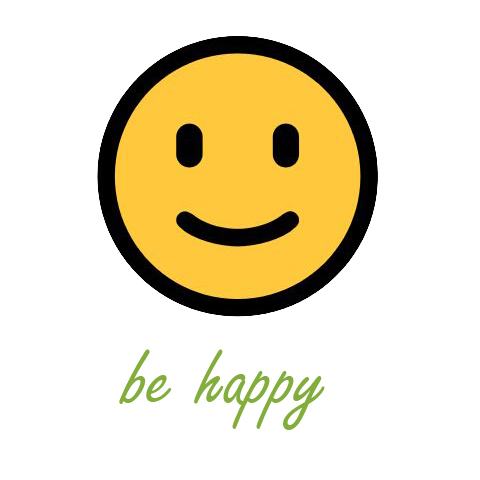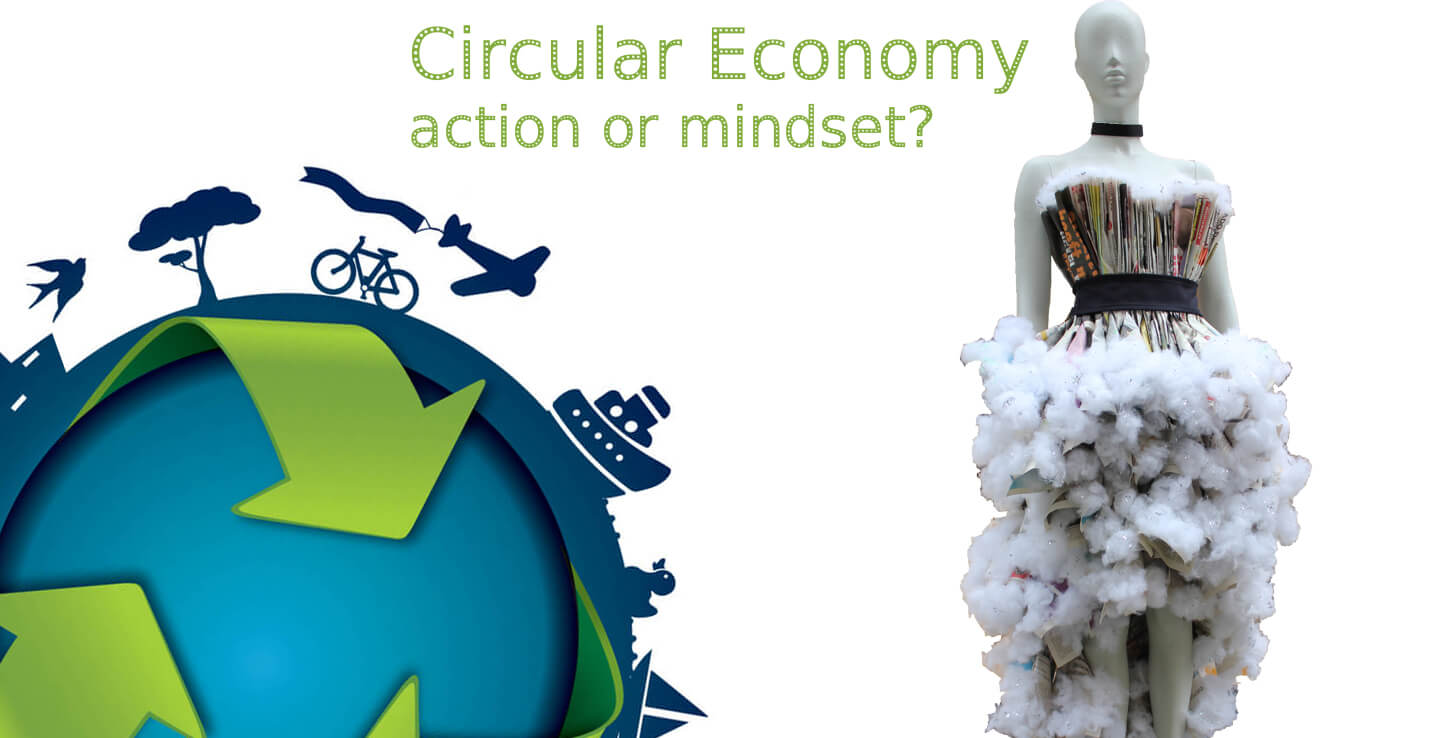Circular Economy: action or mindset?
With so many definitions around, different interpretations and understandings are to be expected. So we will try to demystify this concept by bringing together the actions and mindsets behind it.
Most important to keep in mind is that circular economy is a concept aimed at improving our planet's sustainability by using and re-using materials, so that they never turn into waste and can be regenerated by the nature.
This is a wise approach to sustainability, though a bit theoretical and hence not easy to apply in practice.
The fast climate change we are facing today is a very good example of this disruption which was caused by the way humans have transformed and used those (scarce) resources which did not respect the planet’s balance.
The buzz around the circular economy may be widespread, yet it feels like a quick fix rather than a real game-changer. The real problem we need to face in order to reverse or at least slow down the ongoing climate change is our attitude , i.e. “human nature”.
The human nature embraces certain virtues and vices that have helped people to better understand each other and surroundings to help them in survival and continual self-development. The deficient management of the scarce resources to fulfil the 'agenda' of the human nature has caused the current situation. This is not new, most religions and rulers have identified the moral vices of the human nature long ago and continually condemned or even punished them. Nevertheless, the human attitudes and mindsets stayed conflicted and are generally not harmonized. Every human culture has adapted themselves and has its own values and beliefs in alignment with their geographic habitat and resources accessibility for survival. The human nature is not per se something that circular economy can change. The idea that people can keep the same habits and attitudes but now re-using resources that never become waste is simply not possible. Even though creating new resources without littering is currently outside our range of possibility, we can actively minimise the waste we are producing at present, by changing our mindset and approach to the problem.

However, this is easy said than done. How can people, particularly less resourced people, not fear their future and that of their families, if they stop gathering more assets as they can in the shortest possible time, to reduce the risk of losses along their short life time on Earth? Shall we stop innovation, whether green or not, because sooner or later it will eliminate our civilization? Shall we conquer space to save our civilization, so that humans can move to other planets when lif on Earth is no longer possible?
There is undoubtedly hard work to be done on changing the human attitudes and behaviours and the time left is unfortunately too short. So, some actions, together with a rewording of the concept “Circular Economy” concept to make it more realistic, are urgent to save our beloved planet and also the surrounding space.
So, we think that rewording the widespread (circular economy) concept for focus on changing human attitudes and behaviours is a good starting point. We define it as “the reduction of waste and minimalistic re-use of materials so that only what is reasonably needed to fulfil happiness never become waste and the nature regenerates with respect for people and planet.
This new reformulated concept of Circular Economy could now pave the path for the urgent actions needed to stop climate change, while slowly but surely working on the human mindsets to understand the emergency and rapidly adapt. We foresee three main 'Stops' that need to be triggered to pursue circular economy. These are:
1) Stop / convert the business models that damage the planet and/or beings during the life cycles of their products or services as soon as possible;
2) Stop the excessive production of products needless or expected by society just to reduce costs (scale economy);
3) Stop the use of products that cannot be fully recycled within a reasonable time, whether for technical or economic reasons;
By redefining circular economy, we shed light on the second stop action above, often overlooked by decision-makers when it comes to the urgent battle against climate change. This 'Stop' action is close to our heart at intiferreira, a pioneering sustainable fashion brand since 2007. Our philosophy is simple yet impactful: refraining from overproduction, offering goods at fair prices, and meticulously employing sustainable materials and fair trade practices. This approach is fundamental to our commitment to creating a truly circular economy.
At intiferreira, we see the essence of the circular economy as a shift in people's mindset. Once this pivotal change is embraced and behaviors evolve, everything else falls into place naturally. The Earth has an incredible capacity for self-regeneration and tends towards balance. This belief fuels our efforts to continuously educate and engage our community of customers, suppliers and friends about sustainability. We aim to repeatedly highlight the importance of sustainability because we firmly believe that collective consciousness drives meaningful change.
As the young Greta Thunberg says 'No one is too small to make a difference' and we also believe that each one of us count and must contribute to the change we all want to see in the world.
 ↓
↓




